One of the major themes in my spiritual path, and my life in general, has been the search for the real “me”. While this may seem like a simple task, it actually takes a great deal of work and courage to undertake, because what lies beneath our polished exterior can actually be a jumbled mess of insecurities, repressed thoughts and memories, and unsavory thoughts and tendencies.
When most people ask themselves the question of, “who am I?”, usually they will describe various attributes for themselves. For example, I could answer: I am a lawyer, I am married, I am a father, I am a Freemason, I am from a small town in Oklahoma, I like ____, I dislike_____, etc. but is that really who “I” am? Am I simply an amalgam of my career, family life, likes & dislikes, and life experiences? Well… the answer that I have discovered is “Yes and No”. While I am a product of these various attributes, they are not the true me, rather they make up the outer-shell of my true-self in the form of my personality, and the various masks that I use in order to fit in with my roles and with society in general. In order to find the true “me”, I must dig deeper…
In order to discover who "you" truly are, you must be willing to strip away the hoodwink of the ego that keeps you in the perpetual darkness of fear and uncertainty. You must also be willing to really examine the various layers and masks (your various personas) that you have built up around your true-self. This can be a long task, because many of our layers and masks begin to develop in early childhood, and continue to be layered upon and modified as we grow older. Perhaps we defined our niche as the popular kid in school, the smart kid, the athlete, the class clown, the dramatic kid, the loner, etc. These masks helped us to fit in, or protected us in various ways. For example, as an identical twin I constantly tried to define myself as unique and different from my brother, sometimes to the point of causing conflict and strife just to prove that I was different and unique. I am told that this phenomena is extremely common with twins, and by understanding that and embracing it, I have gained an important piece to the puzzle of “me”.
Our various personas are not necessarily a bad thing, and in fact sometimes they are helpful; however, the key is to actually examine these various layers and masks, and discard the ones that are stifling us from achieving our maximum potential in both the physical and spiritual realms. This can be done by simply observing our actions, attitudes, and thoughts in various situations. Do we act one way at work, and another way with friends, family, at Lodge, or at church? Why do we feel the need to put on these different masks? Are we being inauthentic by putting these masks on? Is there a time when we can truly be released from our self created hoodwinks and cable tows? By examining and stripping away the negative or repressive layers and masks, we can begin to discover and understand our true-self, our true essence, which is the divine spark from God, our soul. In Freemasonry this honing of the self is allegorically represented by the continual shaping of the ashlar, from the rough ashlar of the Entered Apprentice, to the perfected lapis of the Master Mason.
For now I will keep working at removing my own psychological and spiritual hoodwinks, and while I'm sure that I still have a long road to travel, I'm blessed to have brothers in our fraternity that will be my companions and psychopomps in the journey. Light added to Light.
PRACTICAL TIP: When you are in a situation and you feel that you are having to “act” in some way, examine why you feel the need to act in a certain way. Why are you having to adopt a certain persona? Examine what the cause is for that mask, and try and discard the mask in order to be genuine. Also, when you have certain preconceptions or stereotypes, examine the root cause of those thoughts and feelings.
_______________________________________
THANK YOU FOR READING THE LAUDABLE PURSUIT!
IF YOU ENJOYED THIS PIECE, PLEASE FEEL FREE TO SHARE IT ON SOCIAL MEDIA SITES AND WITH YOUR LODGE.
For more information on Wor. Jason E. Marshall, Please CLICK HERE:
Also, visit us on Facebook: https://www.facebook.com/TheLaudablePursuit
_______________________________________
SHOW YOUR SUPPORT
If you enjoyed this content, you can show your support by visiting the "Support TLP" page in the header, or by clicking the button below.




